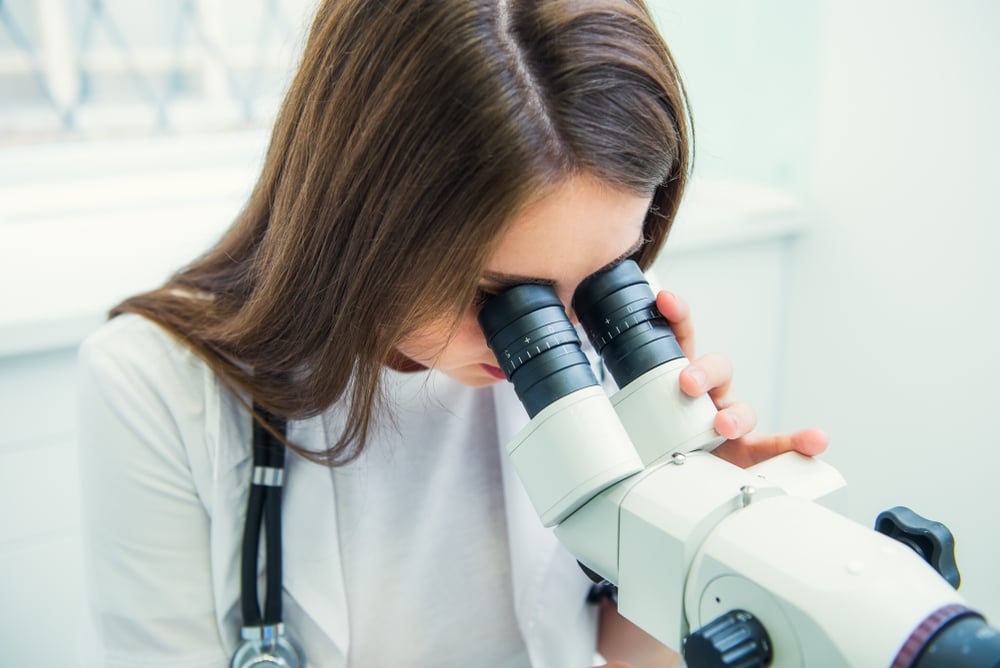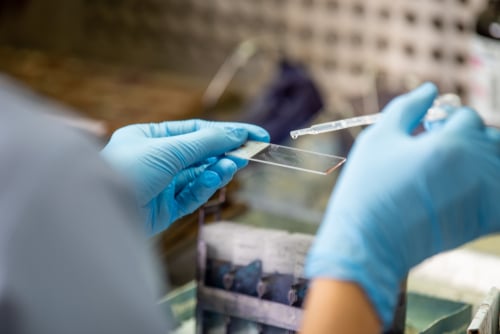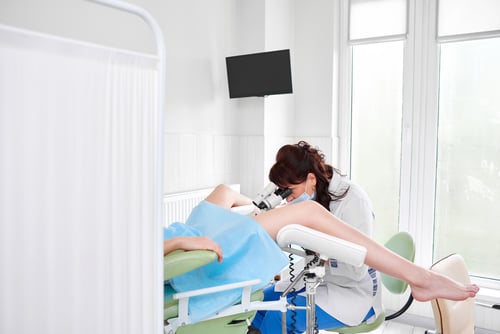Colposcopy in New York City E67th Street
What is a Colposcopy?
A colposcopy is a noninvasive, pain-free procedure performed in the office to examine your cervix and vagina.

What is a Colposcopy, and where do we offer this?
We offer colposcopy services in New York City E67th Street and at all of our locations.
A colposcopy is an in-office, noninvasive procedure to examine your vagina and cervix. The colposcope is positioned outside your vagina. By looking through the scope, your doctor at Garden OB/GYN in New York City E67th Street gets a magnified view of the tissues lining your vagina and cervix. Your doctor may perform a colposcopy with us at New York City E67th Street to diagnose the cause of abnormal bleeding or to look for signs of inflammation, polyps, or genital warts. However, a colposcopy is most often done when the results of a Pap smear indicate abnormal cellular changes.
When Do I Need to Get a Colposcopy?
During your annual examination you will likely get a pap smear.

If it turns out that your pap smear results are abnormal, a colposcopy may be necessary. The pap smear is performed to screen for cervical cancer and a colposcopy is one of the only ways to detect it. During a Pap smear, your doctor removes a sample of cells from your cervix and sends it to a lab for evaluation.

If all the cells in your Pap smear are normal, the test is considered negative and a colposcopy will not be necessary. If you have positive results, this means that your cells are abnormal (cervical dysplasia) and you will need a colposcopy to prevent cervical cancer.
The report your doctor receives from the lab will show how severe the cervical dysplasia is. While there are various grades reported, they essentially range from mild to cancerous. The lab may report that the cells were mildly abnormal and likely caused by the human papillomavirus (HPV). It could also say that moderate to severe precancerous or cancerous changes were identified. When your test reports mild changes suggestive of an HPV infection, your doctor may wait a few months then take another Pap smear. In most cases, an HPV infection clears up without causing problems, so a follow-up test should be negative. When your test reveals moderate to severe changes, and when a second Pap smear still shows HPV, you’ll undergo a colposcopy.
What Happens During a Colposcopy?
Your doctor at Garden OB/GYN New York City E67th Street swabs a liquid over your cervix that highlights abnormal tissue growth, then carefully examines the tissues.

Any unusual tissues or growths are removed using a loop electrosurgical excision procedure (LEEP) or a cone biopsy. The tissues are then sent to a lab to determine whether they’re cancerous.
































